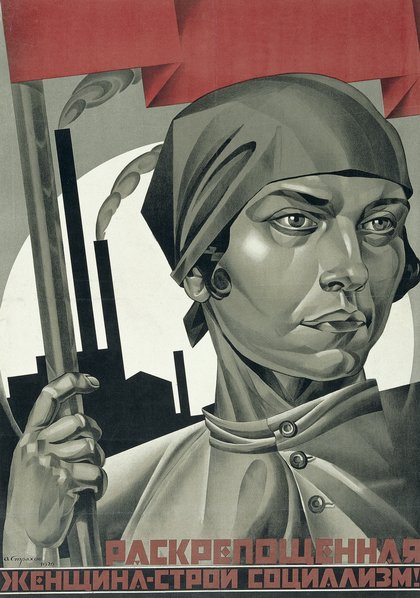
Oupa Lehulere and Lucien van der Walt delivered the last Labour Studies seminar for 2017 entitled 1917-2017: The Russian Revolution and its Relevance Today on the 17th October 2017 as part of the Labour Studies Seminar Series. The series is jointly co-ordinated by the Neil Aggett Labour Studies Unit (NALSU) and the Departments of Sociology, History, and Economics and Economic History.
Oupa Lehulere is a veteran activist in various social movements, currently based at Khanya College, a social justice and movement building institution based in Johannesburg, South Africa. He has written widely on political economy and strategy, including in "Debate," "Karibu," "Khanya" and "Pambazuka." He co-organises the Jozi Book Fair.
Lucien van der Walt lectures at Rhodes University, and is involved in union and working class education and movements. Books include Anarchism and Syndicalism in the Colonial and Postcolonial World, 1880-1940 (2010/2014, with Steve Hirsch), and Negro e Vermelho: Anarquismo e Sindicalismo Revolucionario e Pessoas de Cor na Africa Meridional nas Decadas de 1880 a 1920 (2014).
Presentation Summary
The 1917 Russian Revolution shook the globe. Struggles from below shattered the second largest empire on earth, the Russian Empire. Rural movements occupied tens of millions of hectares of land, challenging feudal and capitalist relations. In cities, factory committees and workers' councils seized control of workplaces. The monarchy fell, Parliament collapsed. National liberation struggles redrew the map. The army and navy rebelled, forming councils and helping end the apocalypse of World War One.
Huge changes in social relations, politics, social policy and childcare provided unprecedented gains for women, children, LGBT people and oppressed races and nationalities. These titanic events inspired a massive surge of anti-imperialist and anti-capitalist struggles across the world, an unprecedented global strike wave, and further revolutions. Marxist, anarchist and nationalist forces competed and cooperated to establish a new order. Yet by the mid-1920s the wave was ebbing, revolution drowning.
What can we learn 100 years on? Can the ideas and practices of the different revolutionary currents teach us anything today? What is the link between national struggles and class wars? Beyond the AK47, how have Southern African liberation movements been shaped by the imprint of the Russian Revolution? Is social revolution possible or has its day passed, to be replaced by micro-struggles and reforms? The working class today is larger than ever. But is capitalism the last system standing?
